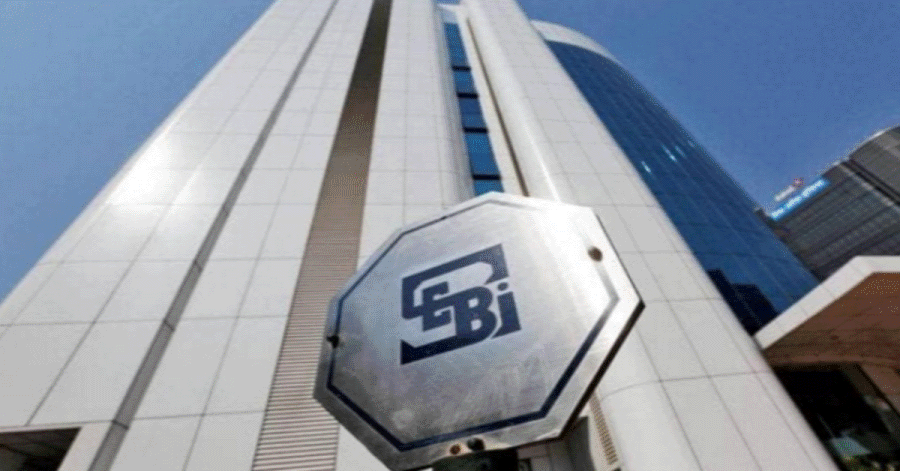The Securities and Exchange Board of India (SEBI) has implemented a new regulation aimed at maintaining seamless trading operations, even in the event of technical disruptions. From April 1, 2025, India’s leading stock exchanges, the National Stock Exchange (NSE) and the Bombay Stock Exchange (BSE), will act as backup trading platforms for one another. This rule aims to protect investors and ensure market stability.
Under the new rule, the NSE and BSE will be interoperable for trading in various segments, including the cash market, equity derivatives, currency derivatives, and interest rate derivatives. If one exchange experiences a technical outage, trading can continue seamlessly on the other exchange. This interoperability reduces disruptions and minimizes losses for investors.
To implement this framework, SEBI has directed both exchanges to create a Standard Operating Procedure (SOP) within 60 days. This SOP will outline the steps to follow during outages, define coordination responsibilities, and detail the system changes required for smooth implementation. It is a crucial step to ensure all parties, including brokers and clearing corporations, are prepared.
In case of an outage, the affected exchange must notify SEBI and the backup exchange within 75 minutes. The alternate trading platform must then be operational within 15 minutes of the notification. This quick response system ensures uninterrupted trading and avoids unnecessary delays.
Another key feature is that investors will be able to hedge their open positions on the alternative exchange. For securities listed only on a single exchange, the backup exchange will set up reserve contracts.These contracts will only be activated during an outage, ensuring that even these securities can be traded without disruption.
SEBI’s decision reflects its commitment to protecting investors and ensuring a stable market environment. By requiring exchanges to coordinate and prepare in advance, SEBI aims to build a resilient trading system in India.
Investors are encouraged to stay updated about this new rule and ensure their brokers are prepared to facilitate trading on backup platforms. This proactive step by SEBI is a significant move toward creating a robust and efficient stock market ecosystem in India.

